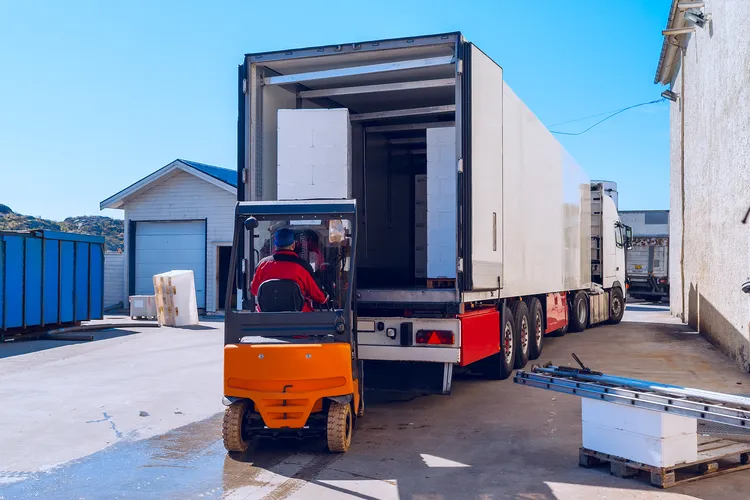In the logistics and transportation world, loading and unloading is a critical link in the supply chain. It’s where goods transition from one mode of transportation to another or from a storage facility to a vehicle for final delivery. At the same time, it may seem like a routine task, but ensuring compliance with regulations during these operations is paramount.
We’ll delve into the intricacies of loading and unloading processes, explore the regulations that govern them, and provide practical tips to help your business stay on the right side of the law.
The Significance of Proper Loading and Unloading
Enhancing Safety
Safety should always be the top priority for loading and unloading operations. Improperly secured cargo, insufficient training of personnel, or failure to follow safety guidelines can lead to accidents, injuries, and even fatalities. Compliance with regulations helps prevent these tragic incidents and reduces the risk of damage to the goods being transported.
Legal Obligations
Various regulatory bodies have established rules and standards governing the loading and unloading of goods. Non-compliance with these regulations can result in severe penalties, including fines and license revocations.
Operational Efficiency
Efficient loading and unloading processes can significantly impact a company’s bottom line. Delays due to improper procedures or non-compliance can lead to missed deadlines, dissatisfied customers, and increased operational costs. By adhering to regulations and best practices, businesses can ensure smoother operations and maintain their competitive edge.
Best Practices for Ensuring Compliance
Let’s explore some best practices to help you meet these requirements effectively.
Training and Education
- Properly train all personnel involved in loading and unloading operations. Ensure they understand the regulations and safety protocols.
- Regularly update training to stay current with changing regulations and industry best practices.
Cargo Securement
- To secure loads adequately, utilize appropriate equipment, such as tie-down straps, chains, and cargo bars.
- Regularly inspect and maintain securing equipment to ensure it remains in good condition.
Proper Documentation
- Maintain accurate records of all loading and unloading activities. This includes documentation of cargo weights, inspection reports, and driver logs.
- Proper documentation is crucial in demonstrating compliance in case of audits or inspections.
Safety Measures
- Implement safety measures, such as installing safety barriers and warning signs in loading areas.
- Where applicable, provide employees with personal protective equipment (PPE), including high-visibility vests and safety helmets.
Technology Integration
- Invest in technology solutions like cargo tracking systems and electronic logging devices (ELDs) to streamline compliance monitoring.
- These tools can help automate record-keeping and improve overall operational efficiency.
The Consequences of Non-Compliance
Non-compliance with loading and unloading regulations can have severe repercussions for businesses. Here are some of the potential consequences:
Financial Penalties: Regulatory authorities may impose hefty fines for violations of loading and unloading regulations. These fines can quickly add up and impact a company’s profitability.
Operational Disruptions: Non-compliance can lead to delays, accidents, and operational disruptions, causing customer dissatisfaction and lost revenue.
Legal Liability: In the event of accidents or injuries resulting from non-compliance, businesses can face legal liabilities, including lawsuits and compensation claims.
Reputation Damage: Negative publicity stemming from safety violations can damage a company’s reputation, making it harder to attract customers and partners.
Prioritize Compliance for a Safe and Thriving Logistics Operation
In the world of logistics and transportation, ensuring compliance with regulations during loading and unloading operations is not just a legal obligation; it’s a critical aspect of running a safe and efficient business. By adhering to the regulations applicable to your region and industry, implementing best practices, and continuously monitoring and improving your processes, you can mitigate risks, enhance safety, and maintain a strong reputation in the industry. Don’t wait until compliance becomes a costly issue for your business. Your employees’ well-being and your company’s success depend on it. Start implementing these strategies today to secure a prosperous future for your logistics operation with the help of New Chapters Moving Co. We specialize in hassle-free, compliant, and reliable moving and logistics services. Contact us now to experience the difference!








